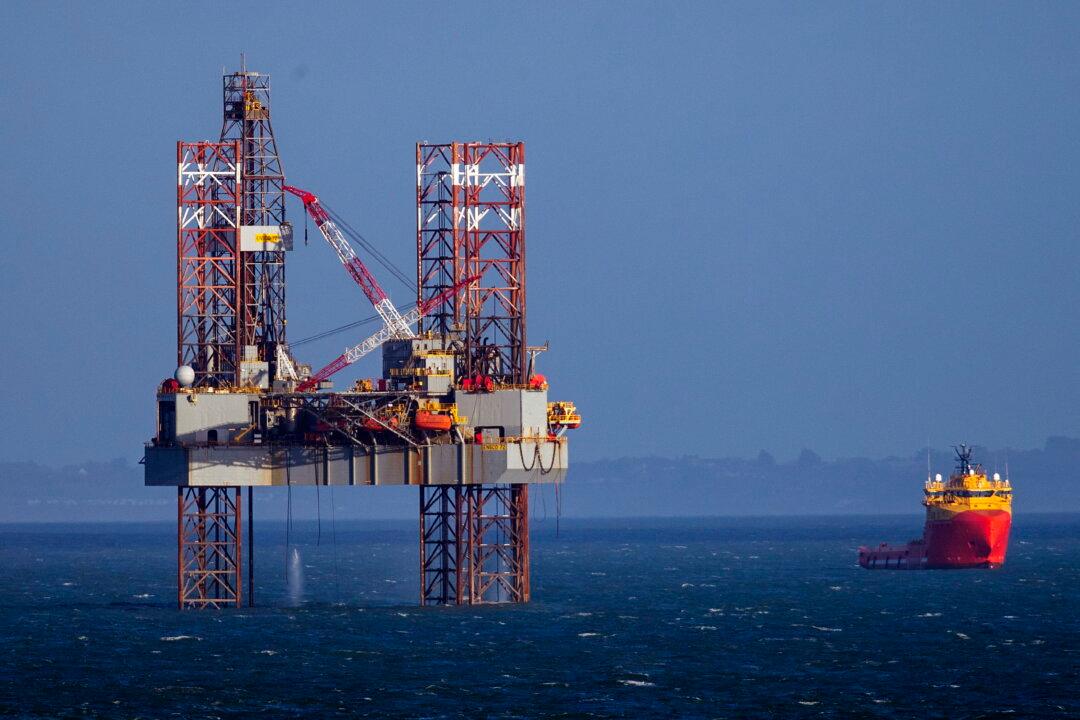The UK government’s decision to levy a windfall tax on energy firms could damage investment in the North Sea, an industry leader has warned.
Last month, Chancellor of the Exchequer Rishi Sunak announced a temporary windfall tax on oil and gas giants to fund a relief package for households struggling with rising bills. The government will introduce a 25 percent profit levy on energy firms, which it expects to generate £5 billion ($6 billion) in tax revenues.





